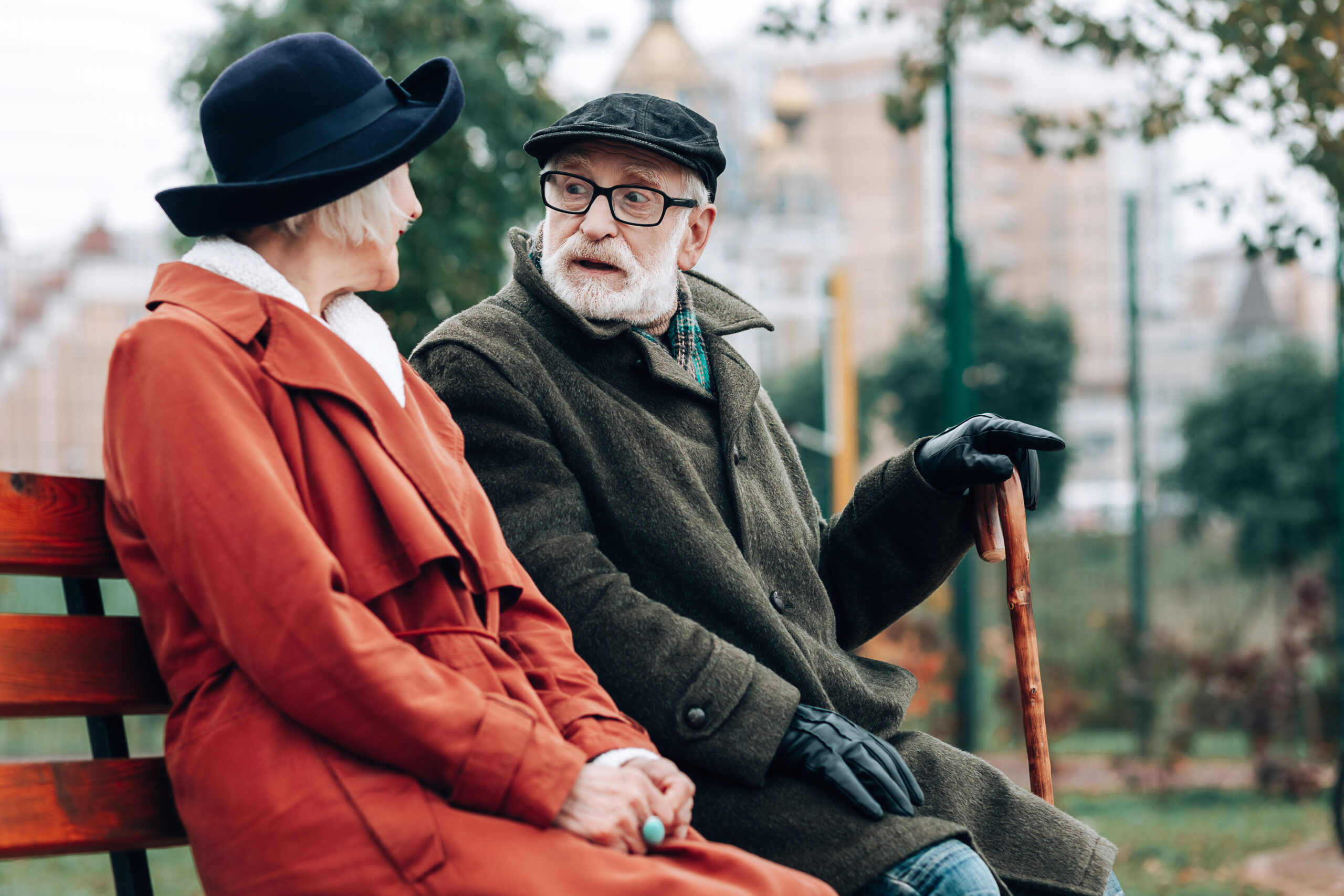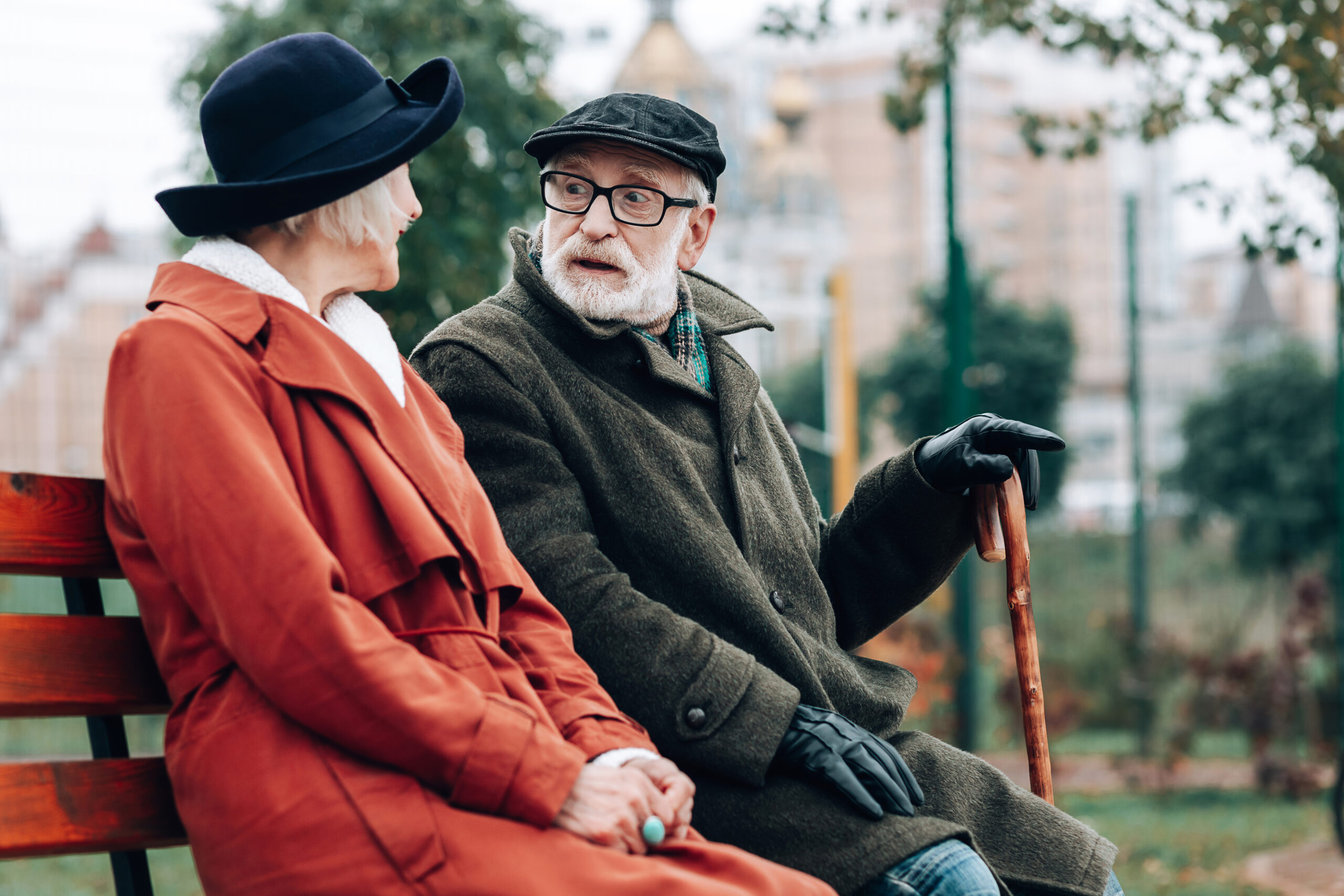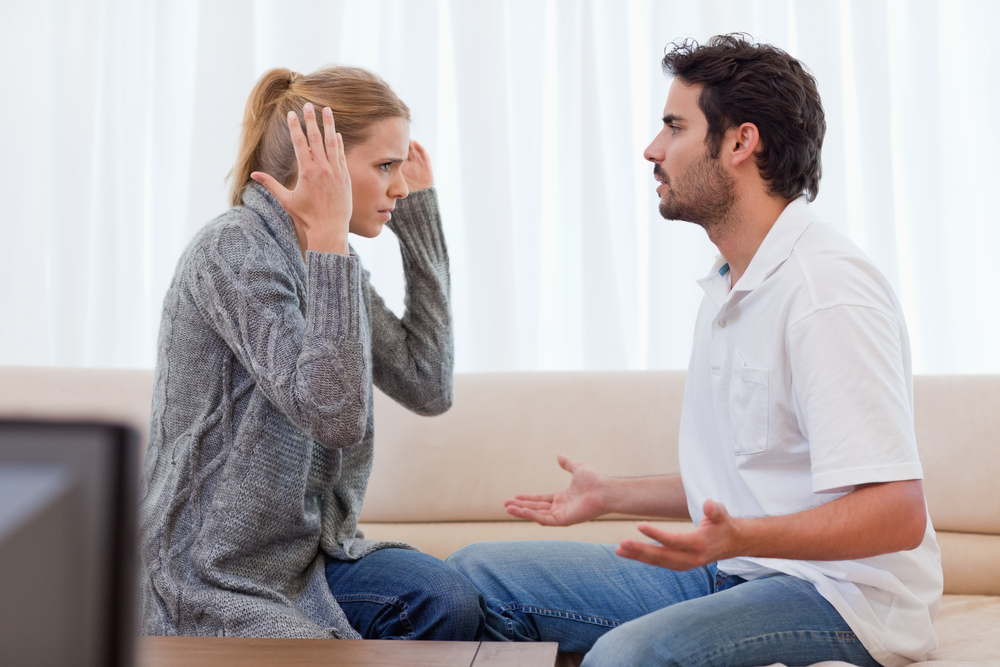We all know someone who just can’t seem to play nice with others. You know the type—they’re the ones who always manage to say the wrong thing, invade your personal space, or make everything about them. While it’s easy to write these people off as just plain rude, the truth is, that they’re often lacking some fundamental social skills and courtesies that the rest of us take for granted. If you want to avoid being “that person” that everyone dreads interacting with, make sure you’re not guilty of neglecting these basic manners.
1. They Don’t Give Up Their Seat for Others in Need

Whether it’s an elderly person, a pregnant woman, or someone with a visible disability, there are times when it’s just the right thing to do to offer up your seat. But rude people often remain glued to their spot, too absorbed in their own comfort to consider the needs of others. They might avert their eyes, pretend not to notice, or even feign sleep to avoid having to give up their seat. This kind of selfish behavior not only lacks basic human decency but also reflects poorly on their character. When we go out of our way to accommodate others, especially those who are more vulnerable, we’re sending a message that we value compassion over convenience. So next time you see someone who could use a rest, consider rising to the occasion and offering your seat. It’s a small act of kindness that can make a big impact.
2. They Don’t Cover Their Mouth When Coughing or Sneezing  provided by Shutterstock
provided by Shutterstock
In the age of heightened germ awareness, you’d think that covering one’s mouth when coughing or sneezing would be a no-brainer. But for some rude individuals, the concept of containing their respiratory expulsions seems to elude them entirely. They’ll hack and sputter without even attempting to shield others from their germs, often spraying those in close proximity with a fine mist of saliva and mucus. Not only is this behavior incredibly unsanitary and inconsiderate, but it also shows a blatant disregard for public health and the well-being of those around them. So next time you feel a tickle in your throat or a tingle in your nose, do everyone a favor and contain the blast.
3. They Don’t Ask Before Borrowing or Using Others’ Things

Rude people often have a sense of entitlement that extends to other people’s belongings. They’ll help themselves to items without asking permission, whether it’s snagging a pen from a coworker’s desk, borrowing a friend’s car without checking first, or even raiding someone’s fridge without an invitation. This kind of presumptuous behavior shows a lack of respect for others’ property and personal boundaries. It’s important to remember that just because something is there doesn’t mean it’s up for grabs. When we ask before borrowing or using something that doesn’t belong to us, we’re acknowledging the owner’s right to control their own possessions and making sure we have their consent before proceeding. So next time you’re tempted to help yourself to something that isn’t yours, take a moment to check in with the owner first. It’s a simple courtesy that can prevent a lot of resentment and conflict down the line.
4. They Don’t Clean Up After Themselves in Shared Spaces

Whether it’s a communal kitchen at work, a shared bathroom at home, or a public park, rude people often treat these spaces like their own personal dumping grounds. They leave dirty dishes in the sink, trash on the counter, and all manner of messes in their wake, expecting others to clean up after them. This kind of lazy and inconsiderate behavior not only creates more work for everyone else but also shows a lack of respect for the space and those who use it. When we take a moment to tidy up after ourselves, we’re not just being neat—we’re also being mindful of the impact our actions have on others.
5. They Don’t Make an Effort to Remember or Use People’s Names

Dale Carnegie famously said that “a person’s name is to that person the sweetest and most important sound in any language.” But rude people often don’t bother to learn or use others’ names, even after multiple interactions. They’ll resort to generic greetings like “Hey you” or “What’s up,” or even avoid using names altogether. This kind of impersonal and dismissive behavior not only makes others feel unimportant and forgettable but also reflects poorly on the rude person’s social skills and emotional intelligence. When we make an effort to remember and use people’s names, we’re showing that we value them as individuals and are invested in building a relationship.
6. They Don’t Offer to Split the Bill or Pay Their Fair Share

Dining out with friends or coworkers can be a fun and social experience, but it can also be a source of tension when it comes time to settle the bill. Rude people often assume that others will cover their share or even stick the group with the entire tab. They might conveniently “forget” their wallet, order the most expensive items on the menu, or simply vanish when the check arrives. This kind of freeloading behavior not only puts an unfair burden on others but also shows a lack of consideration and responsibility. When we offer to split the bill or pay our fair share, we’re not just being financially equitable—we’re also demonstrating that we value the time and company of those we’re with.
7. They Don’t Respect Others’ Time or Schedules

In today’s fast-paced world, time is a precious commodity. However, rude people often act as if their time is the only time that matters. They show up late to meetings, keep others waiting, and generally operate on their own schedule without regard for anyone else’s. This kind of disrespectful behavior wastes others’ time and sends the message that the rude person doesn’t value or prioritize the commitments they’ve made. When we make an effort to be punctual and respectful of other’s time, we’re showing that we understand the importance of honoring our obligations and being considerate of those around us.
8. They Don’t Practice Good Cell Phone Etiquette

In the age of constant connectivity, cell phone rudeness has become an all-too-common occurrence. From loud public conversations to texting during face-to-face interactions, rude people often prioritize their digital lives over their present company. They’ll interrupt meals, meetings, and even intimate moments to take calls or respond to messages, sending the clear signal that whatever is happening on their screen is more important than the people right in front of them. This kind of distracted and dismissive behavior not only erodes the quality of our interactions but also contributes to a culture of disconnection and disengagement. When we make an effort to put our phones away and give our full attention to those we’re with, we’re showing that we value their presence and the opportunity to connect in real life.
9. They Don’t Say “Please” and “Thank You”

One of the first things we learn as children is to say “please” when we ask for something and “thank you” when we receive it. But for some reason, these simple niceties seem to be in short supply among the chronically rude. They bark orders without a “please” in sight and act like they’re entitled to whatever they want without showing any gratitude. Here’s the thing—saying “please” and “thank you” isn’t just about being polite. It’s about showing respect for others and acknowledging that they’re doing something for you, not because they have to, but because they choose to.
10. They Interrupt and Talk Over Others

Rude people often treat conversations like a competition, always trying to one-up or override what others are saying. They interrupt, talk over people, and monopolize discussions without letting anyone else get a word in edgewise. Not only is this behavior incredibly frustrating and disrespectful to others, but it also shows a lack of basic social awareness and listening skills. When you’re constantly cutting people off or dominating the conversation, you’re sending the message that you don’t value what they have to say and that your own thoughts and opinions are the only ones that matter.
11. They Ignore Personal Space Boundaries

We all have different comfort levels when it comes to physical proximity, but rude people seem to have missed the memo on personal space. They stand too close, touch without permission, and generally invade others’ bubbles without a second thought. This kind of boundary-crossing behavior can make people feel uncomfortable, violated, and even threatened. It’s important to remember that everyone has the right to their own space and to have their physical boundaries respected. So before you go in for that unsolicited hug or shoulder squeeze, take a moment to read the other person’s body language and ask yourself if they seem open to that level of contact. And if in doubt, err on the side of giving people their space.
12. They Don’t Hold Doors or Offer to Help

Common courtesy dictates that when you see someone struggling with a heavy load or trying to get through a door, you offer to help. But rude people often breeze right by without a second glance, too wrapped up in their own lives to extend a helping hand. This kind of selfish obliviousness makes them look bad and also contributes to a culture of indifference and disconnection. When we take a moment to hold the door for someone or offer to carry their bags, we’re not just being polite—we’re acknowledging their humanity and showing that we’re all in this together.
13. They Don’t Excuse Themselves or Apologize When Necessary

Nobody’s perfect, and we all make mistakes or have moments of rudeness from time to time. The difference is that polite people own up to their missteps and apologize when necessary, while rude people just barrel ahead without acknowledging any wrongdoing. Whether it’s bumping into someone without saying “excuse me,” showing up late without apologizing or blurting out something insensitive, rude people often fail to take responsibility for their actions and the impact they have on others. But here’s the thing—a sincere apology can go a long way toward repairing hurt feelings and restoring goodwill. So next time you find yourself in the wrong, don’t be too proud to say “I’m sorry” and make amends. It’s a sign of strength, not weakness, to admit when you’ve messed up.





